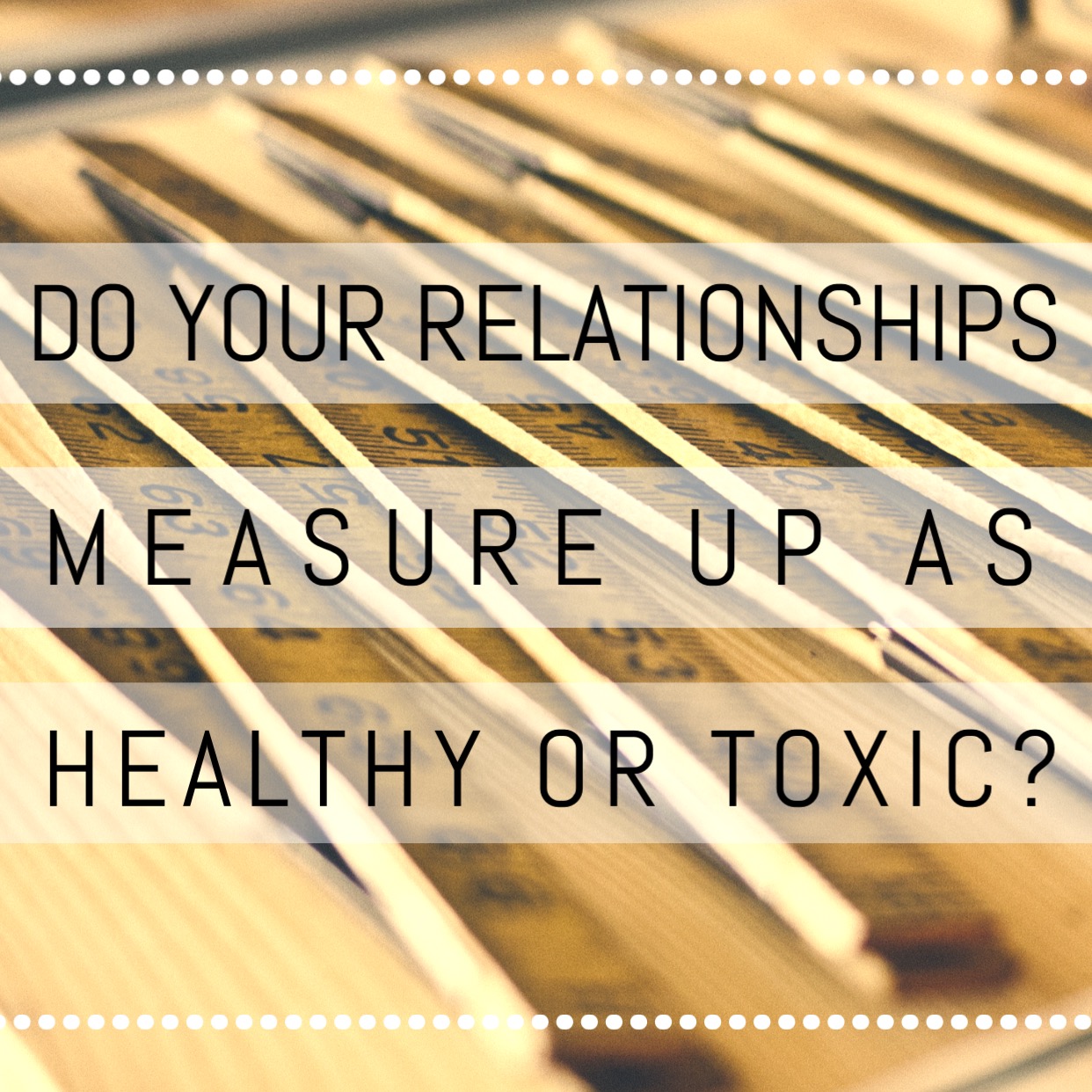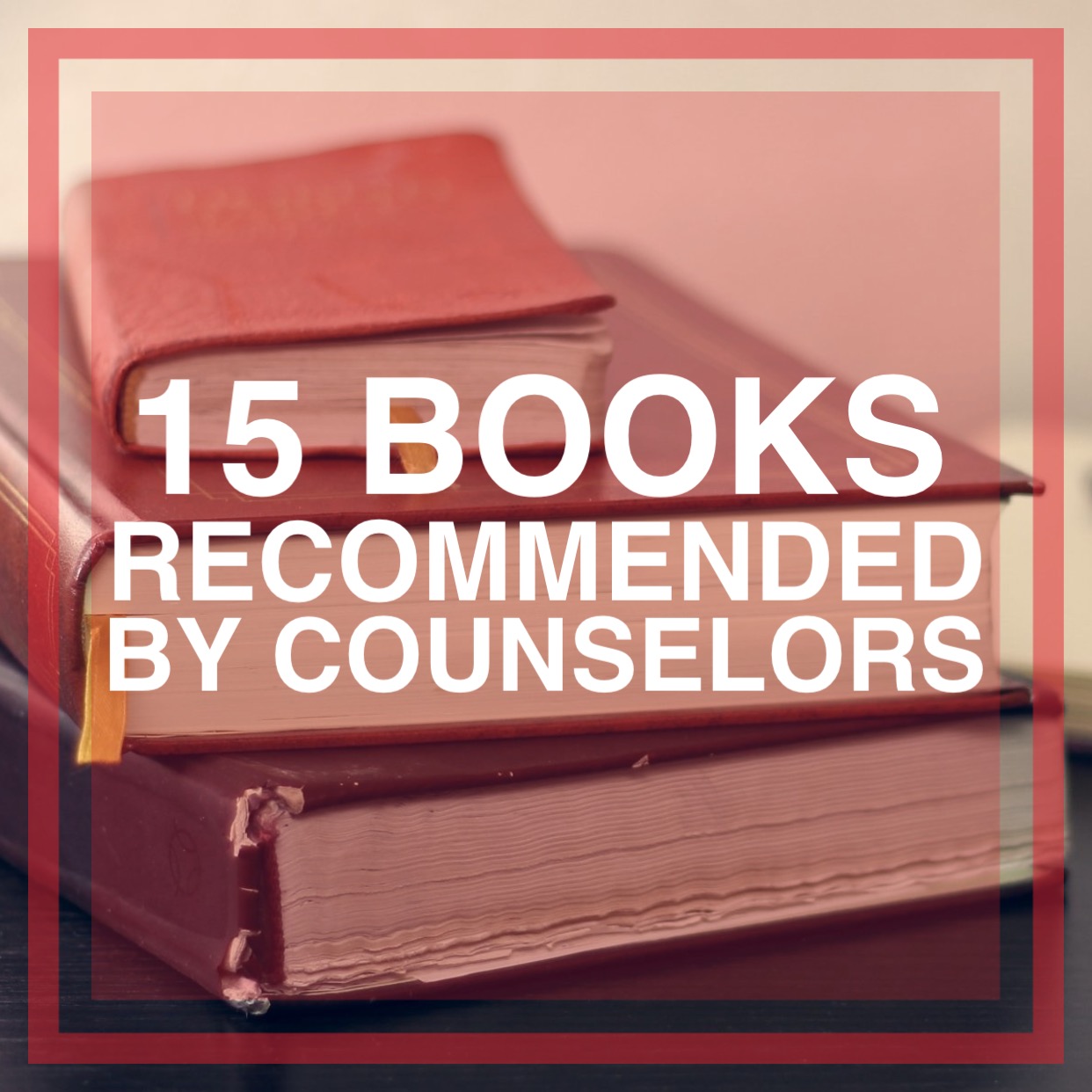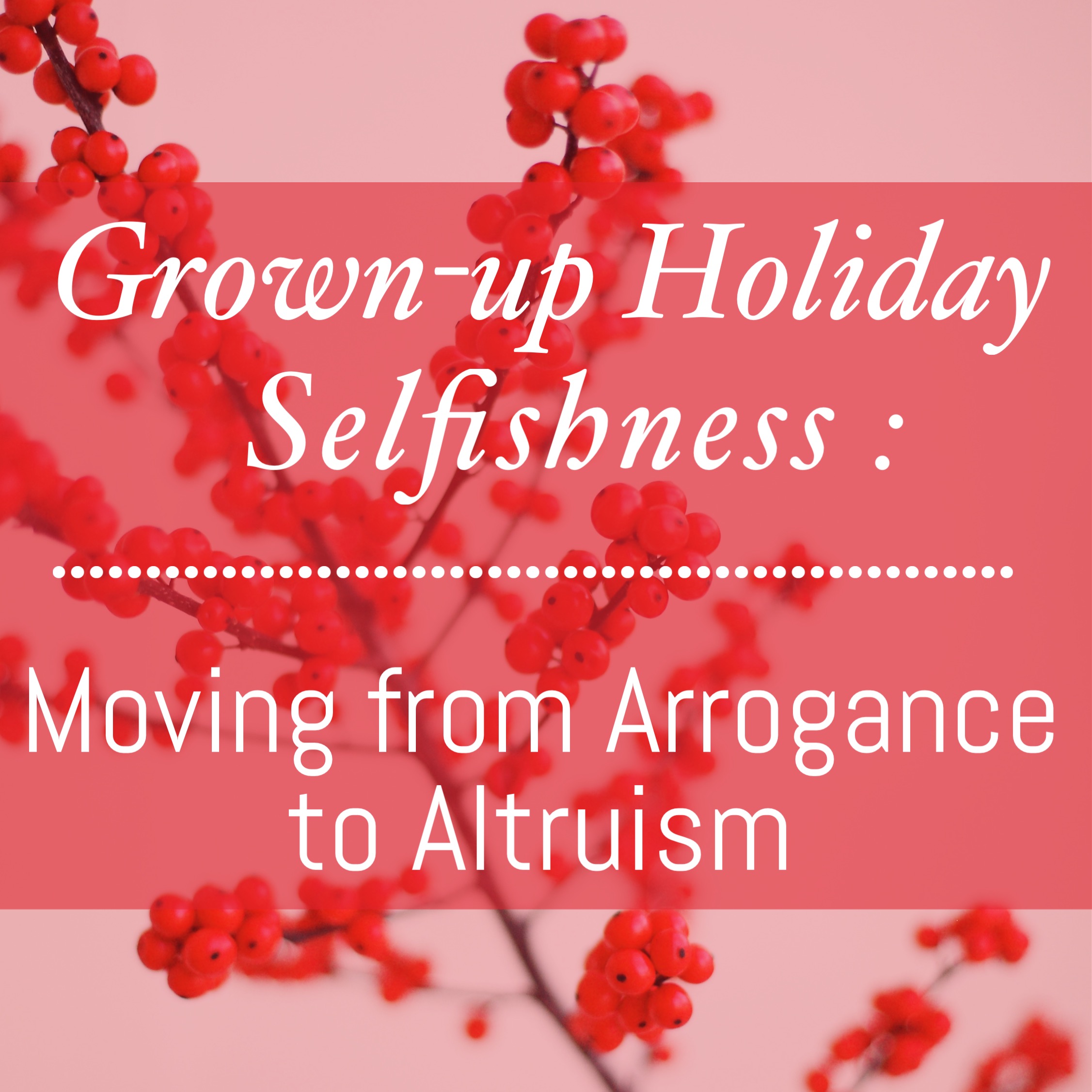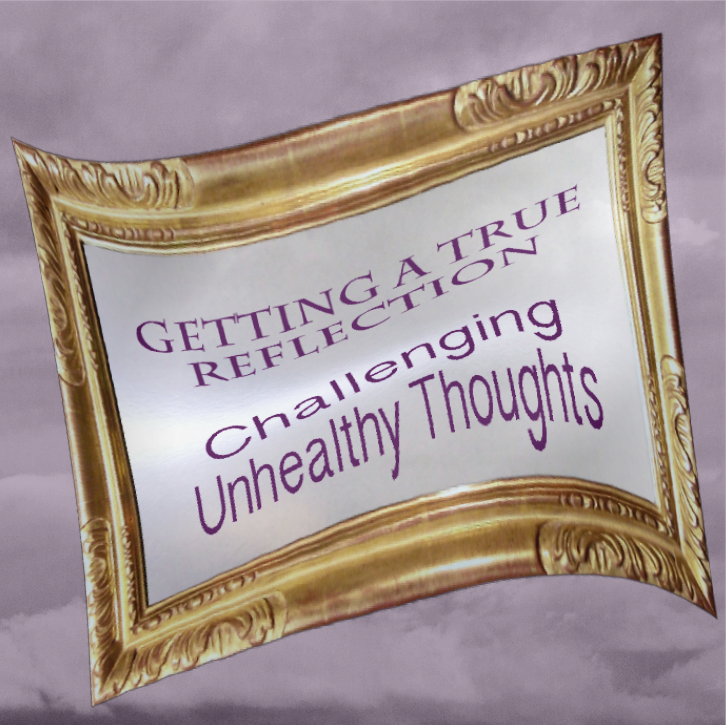
Do Your Relationships Measure Up As Healthy or Toxic?
By JuJuane Easter-Hutchins, MA, LPC
Have you ever found yourself wondering if a friend, familial, romantic and/or business relationship is one that is healthy for you? Are you involved in a relationship that leaves you feeling drained and overwhelmed? Is your relationship toxic? And if so, how would you know?
The Bible has been referred to as Basic Instructions Before Leaving Earth. This God-inspired book provides us with the knowledge needed to live a life pleasing to our Lord. The Bible is all-inclusive and supplies truth to guide our thoughts, behaviors and actions as we seek to glorify God here on Earth. The Bible teaches us how to exist; we just need to study it, learn it, and live it. The Bible provides guidance regarding all areas of our lives, so why not use the word of God to determine if your relationship is appropriate for you and is one that honors Him?
1 Corinthians 13: 4-7 NIV reads, “Love is patient, love is kind. It does not envy, it does not boast, it is not proud. It does not dishonor others, it is not self-seeking, it is not easily angered, it keeps no record of wrongs. Love does not delight in evil but rejoices with the truth. It always protects, always trusts, always hopes, always perseveres.” I believe these verses apply to the love present in platonic relationships, romantic relationships, and kinships. Let’s examine healthy relationships vs. toxic relationships against the word of God.
Verse 4: “Love is patient, love is kind. It does not envy, it does not boast, it is not proud.”
Characteristics of a healthy relationship:
Individuals have a mutual respect for one another, accepting the other’s shortcomings and gently challenging one another when appropriate. The relationship allows room for personal growth and expansion, as well as a desire to see the other person progress. Individuals acknowledge mistakes and are willing to apologize when wrong.
Characteristics of a toxic relationship:
Individuals find security and comfort in sameness. Fear, insecurity, and loneliness are manifested as an intense need for the other person, and are often labeled as ‘love’. Extreme jealousy and pride are common place and justified.
Verse 5: “It does not dishonor others, it is not self-seeking, it is not easily angered, it keeps no record of wrongs.”
Characteristics of a healthy relationship:
Compromise and problem solving together are common place in the relationship. Individuals are able to engage in self-care and are genuinely concerned about the well-being of the other party. An array of feelings can be discussed and processed with each other. Concerns are addressed when they occur and forgiveness is granted when appropriate.
Characteristics of a toxic relationship:
Power play for control exists and can result in attempts to devalue the other party. There may be an expectation that one person will fix or rescue the other. Concern is primarily for self, disregarding the well-being of others. A score card of wrong doings may be kept and used against the other.
Verse 6: “Love does not delight in evil but rejoices with the truth.”
Characteristics of a healthy relationship:
There are opportunities to discuss one’s feelings and desires openly. Hopes, dreams, wants, and desires are shared, as trust exists within the relationship. Ill-will does not exist within the relationship.
Characteristics of a toxic relationship:
Deceitfulness may be present, as well as passive and/or aggressive manipulation. A lack of open communication exists and possibly a feeling of being unable to reveal one’s true self.
Verse 7: “It always protects, always trusts, always hopes, always perseveres.”
Characteristics of a healthy relationship:
A commitment to the relationship exists. Individuals have the ability to pursue separate interests and maintain other meaningful relationships. There is an appropriate trust between individuals. Comfort and contentment are present, knowing you have one another’s back.
Characteristics of a toxic relationship:
Various types of abuse (emotional, physical, verbal, sexual, financial) and safety concerns may be present. There may be a total involvement with one another and limited interaction with others resulting from jealousy and possessiveness. A cycle of pain and despair may exist within the relationship. There may be regular threats to end the relationship when upset, or in an effort to control another’s behavior.
It is important to remember that love is not painful. Yes, challenges will come, but if the relationship is painful most of the time, it is not healthy. Unfortunately, we are not always able to recognize a toxic relationship when in one. This is the perfect opportunity to use the wise counsel in our lives. Be receptive to the opinions of those you love and trust, pray for discernment and guidance, and name it for what it is. Recognizing that toxicity exists in a relationship is the first step towards change and healing. One must then recognize that God has a better plan for you and believe that they deserve the good things He has for them. A mental health therapist is able to support you in this often difficult journey. We, at Agape, look forward to supporting others in their healing and witnessing the great works the Lord can do. Examine your relationships, how do they measure up?
 About the Author
About the Author
JuJuane is a behavioral therapist at Agape’s Hazelwood, MO office. She works with a variety of clientele seeking counseling for many reasons including substance abuse, crisis intervention, mental disabilities, physical disabilities, and more. She enjoys working with couples, families, and individuals of all ages. Click on the picture to the left for JuJuane’s full bio.






2 Comments
Jovan
I believe that this applies to even after a relationship has ended, to recognize what wasn’t healthy. I find myself in a state of thinking I love someone and miss him, even though he ended the relationship, but at the same time voicing everything that was wrong and all the red flags of how poorly I was treated. It’s really hard to not reach out to him and tell him that I want him back. I want to see how he feels about everuthing too. It is an up and down roller coaster that’s hard to focus on God and want to take control.
admin
Yes! Our feelings are real, but do not necessarily represent what is best for us. We sometimes have to acknowledge our feelings, but still take a different direction that is what is best for us. This is great insight, Jovan! Thanks for sharing with us!